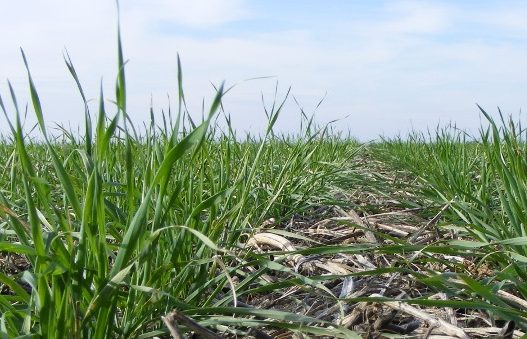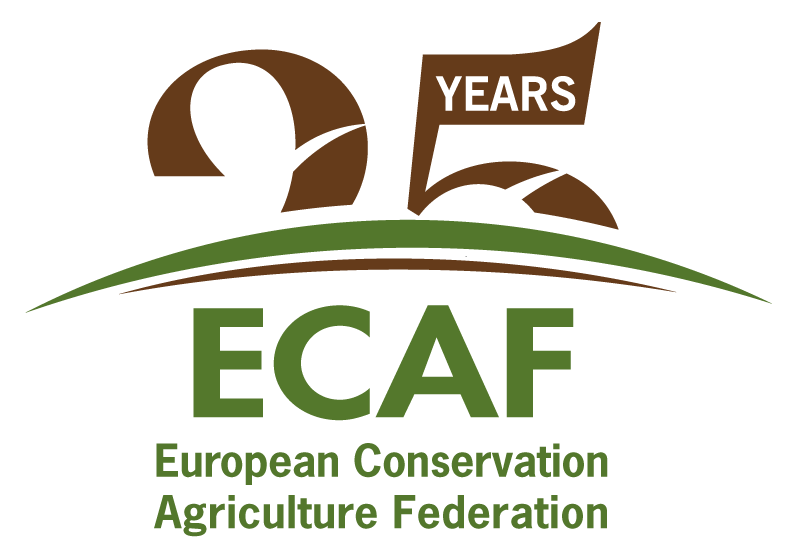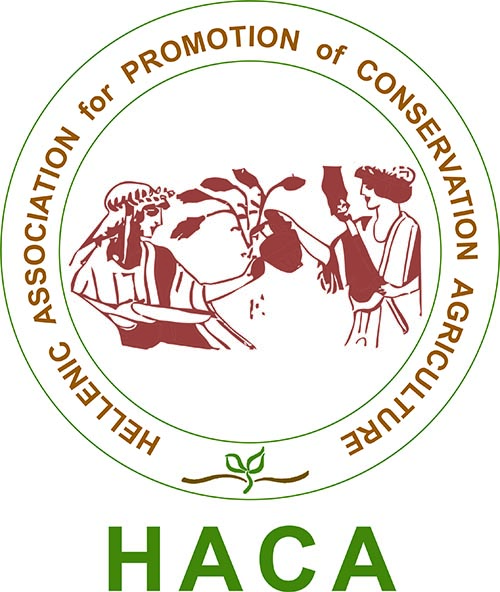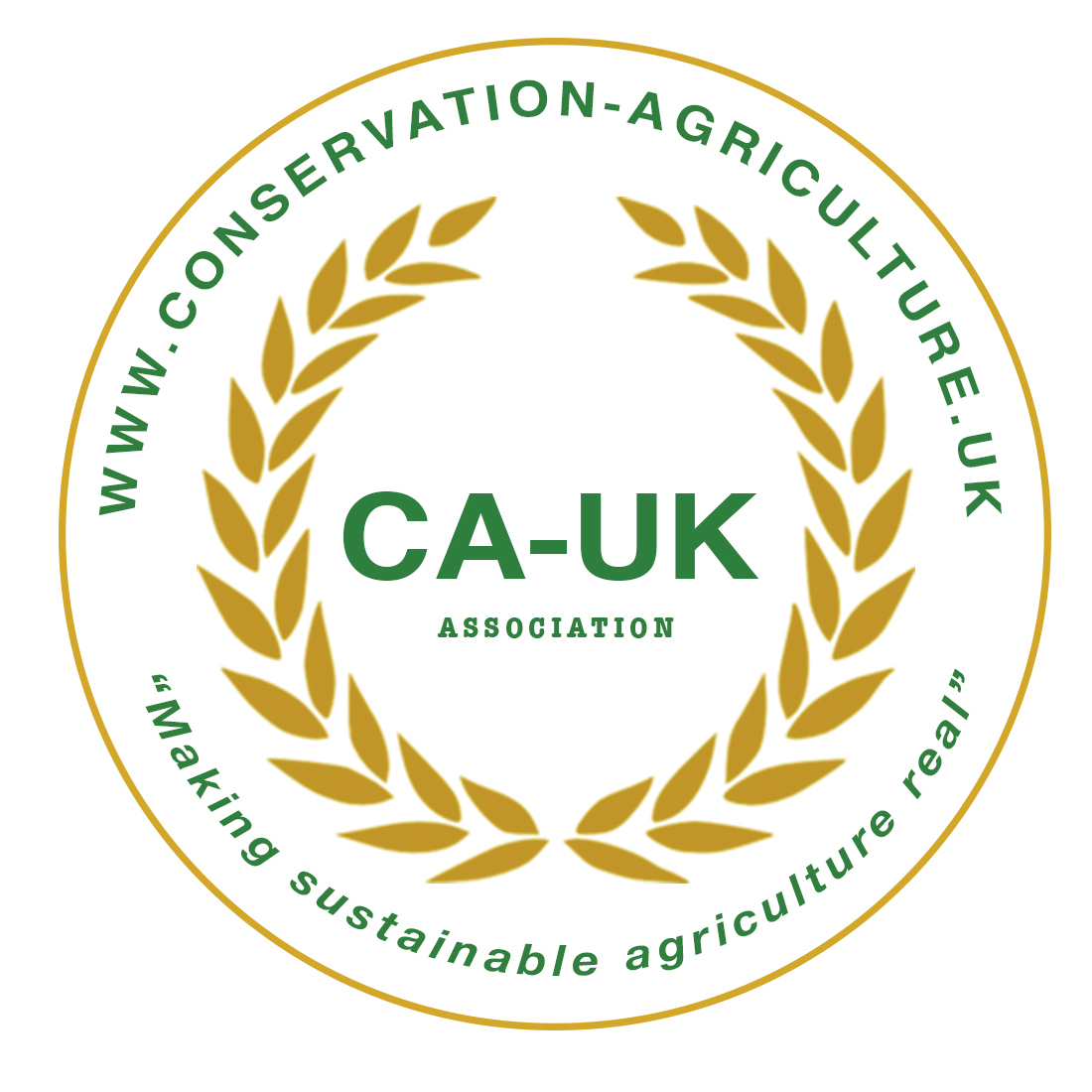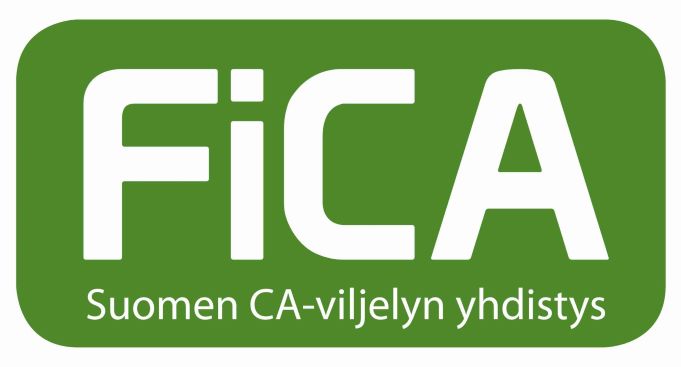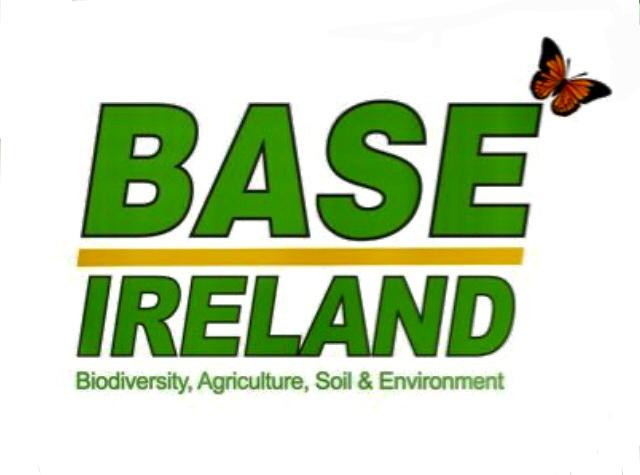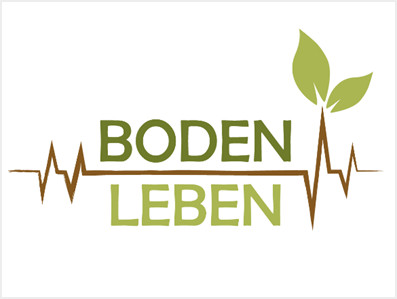ECAF was constituted in Brussels on 14th January, 1999, as a non-profit making international association, subjected to the Belgium laws. It was conceived to encourage any issue focused on maintaining the agrarian soil and its biodiversity in the context of sustainable agriculture.
The aims of ECAF are:
Close to 5 million hectares under conservation agriculture in Europe
An average of 10% of cultivated soils under conservation agriculture
The area under conservation agriculture has doubled in the last 6 years.
What is Conservation Agriculture?
Conservation Agriculture (CA) is defined as a sustainable agriculture production system comprising a set of farming practices adapted to the requirements of crops and local conditions of each region, whose farming and soil management techniques protect the soil from erosion and degradation, improve its quality and biodiversity, and contribute to the preservation of the natural resources, water and air, while optimizing yields.
Agronomic practices included in CA are based on three core principles, which must be fulfilled concomitantly:
- Minimum soil disturbance.
- Maintenance of permanent soil covers.
- Cropping system diversity, crop rotations.
